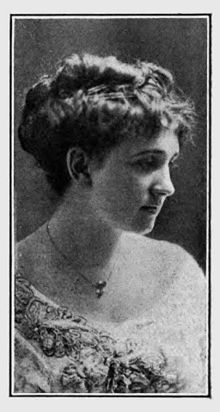User:ZachMcDowell/notes
Summary
[edit]
In March 1959, Anderson in a revolt of Iroquois at the Six Nations Reserve in Brantford, Ontario.[1] After the Iroquois declared their sovereignty, twelve Royal Canadian Mounted Police invaded the reservation's council house, but the Iroquois forced them to leave. That same month, Anderson attempted a citizen's arrest of Commissioner of Indian Affairs Glenn Emmons, whom some Native Americans, resentful of the federal termination policy, had accused of misconduct in office. Emmons avoided Anderson but later resigned.

Personal Life
[edit]Arrests
[edit]After receiving an invitation from revolutionary leader Fidel Castro, Anderson led a delegation of Native Americans to Cuba in July 1959. Members of the Six Nations and the Miccosukee of Florida agreed to recognize the sovereignty of Cuba in exchange for Cuba's recognition of their own sovereignty. Indian sovereignty was an important issue for Anderson; he once stated that his main purpose in life was to help the Indian people regain sovereignty, rather than be absorbed by a society that he regarded as "sick."[1]

Anderson founded the North American Indian Unity Caravan in 1967 to encourage the activism that was growing among Native Americans nationwide. Later that year, he delivered to Congress messages from 133 tribes that did not want their reservations to be terminated, which helped to defeat one of the final termination bills. Anderson toured the nation with his caravan for the following six years, but he paused to plan and participate in the Alcatraz Occupation in 1969. In 1975, he was the national director of the Indian Nationalist Movement of North America.
